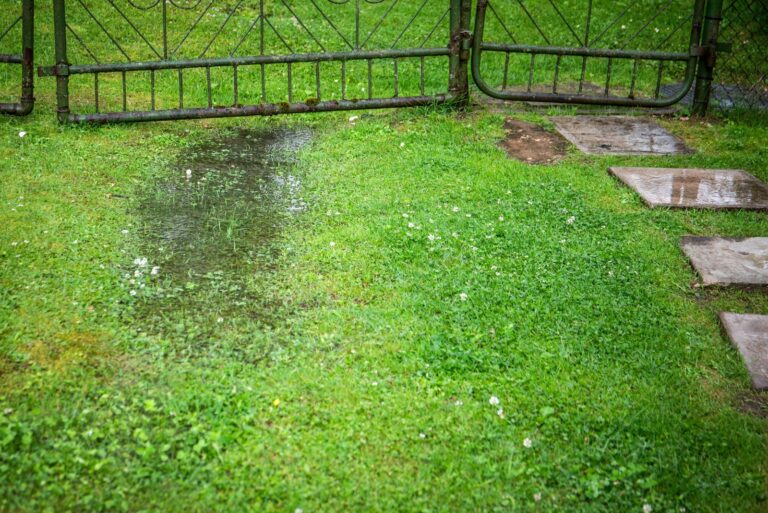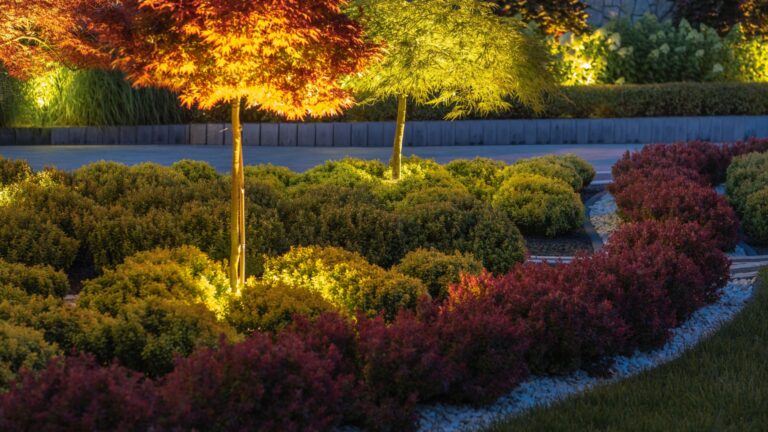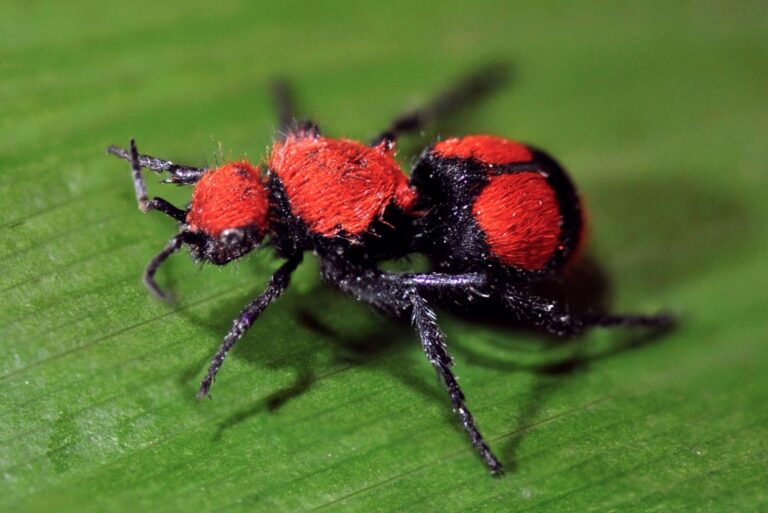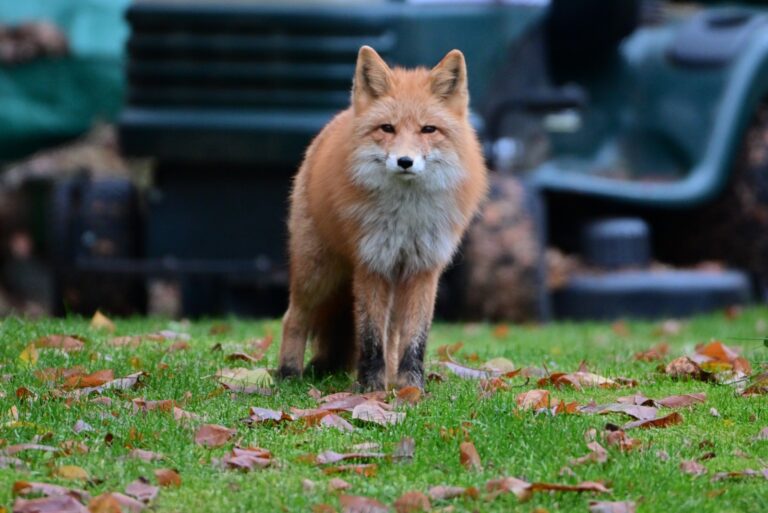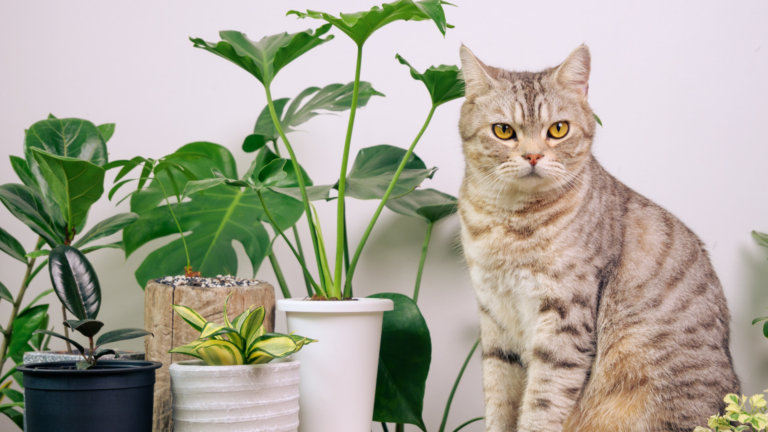8 Reasons Missouri Gardeners Should Rethink Removing Possums
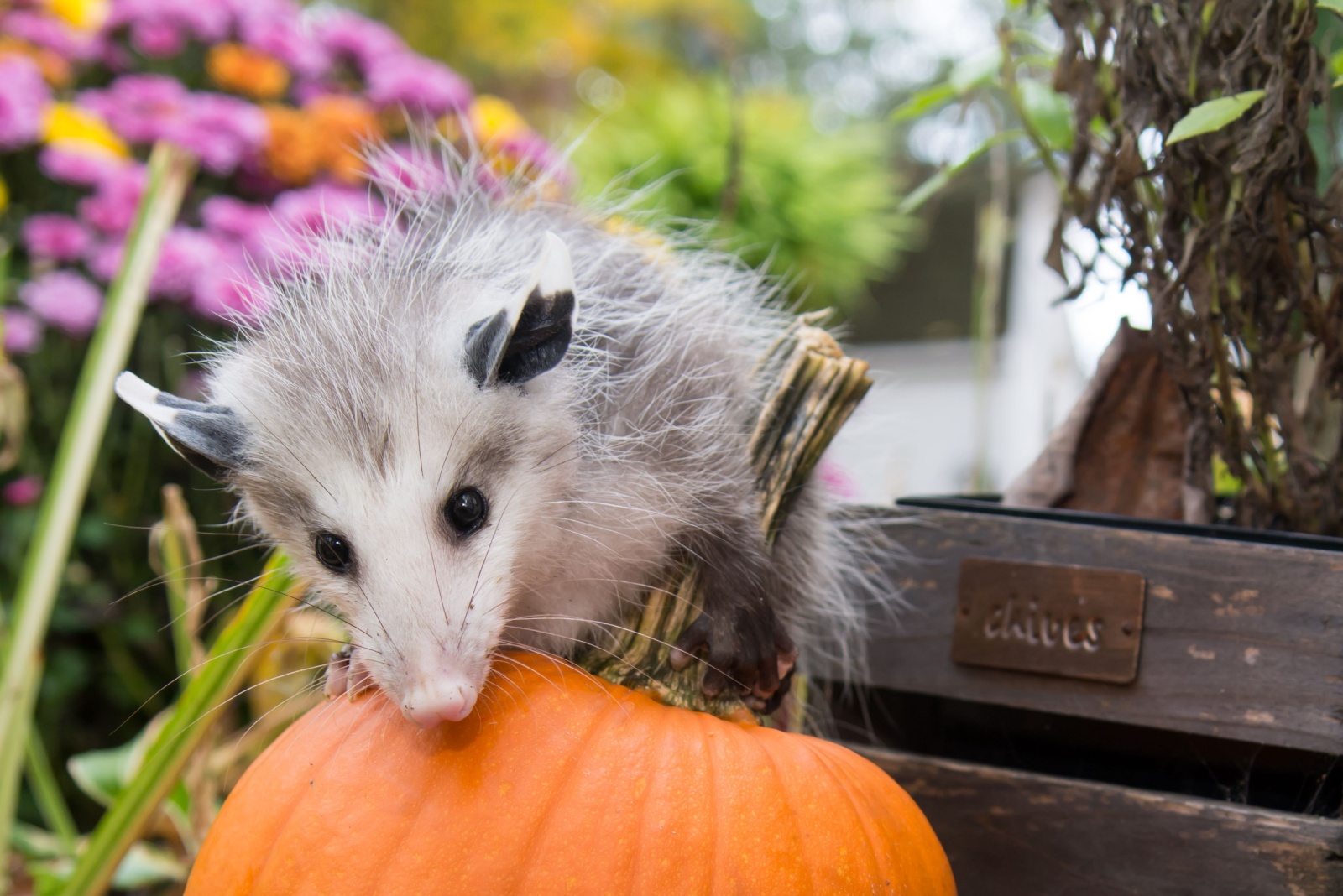
Many Missouri gardeners view possums as unwelcome pests, but these misunderstood marsupials actually offer amazing benefits to your yard and garden. Possums are nature’s clean-up crew, helping control pests and disease while causing very little damage themselves.
Before you trap or remove that nighttime visitor, consider these compelling reasons to let possums stick around your Missouri garden.
1. Tick Terminators
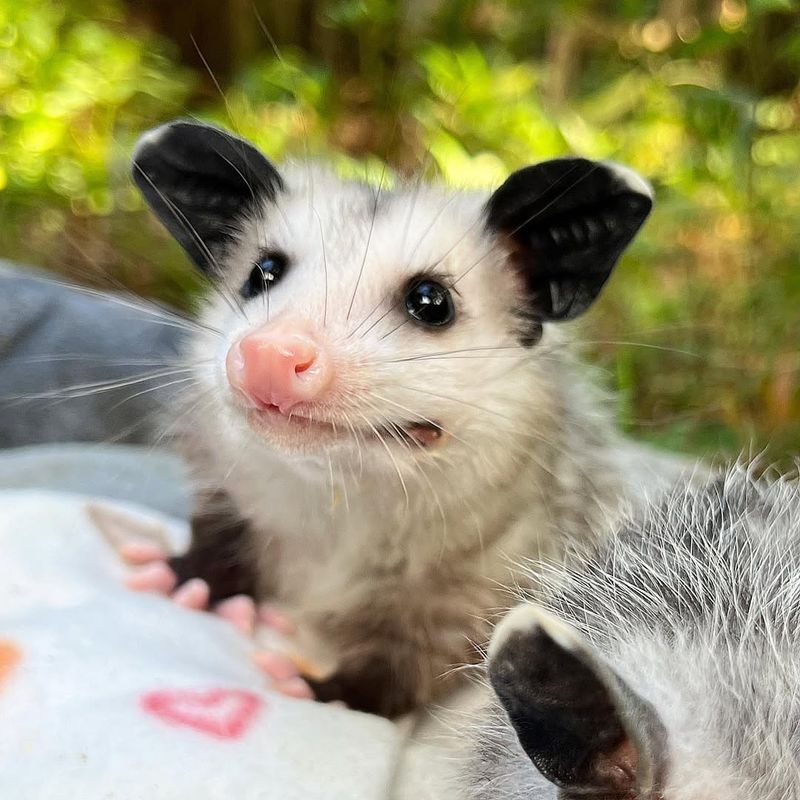
A single possum can devour thousands of ticks in one season! Research shows they consume about 5,000 ticks annually, significantly reducing your risk of Lyme disease and other tick-borne illnesses.
Missouri’s tick population thrives in our warm, humid summers, making possums invaluable allies for gardeners who spend hours outdoors. Unlike chemical pest control, these natural tick vacuums work for free, cleaning up your yard while you sleep.
2. Snake Controllers
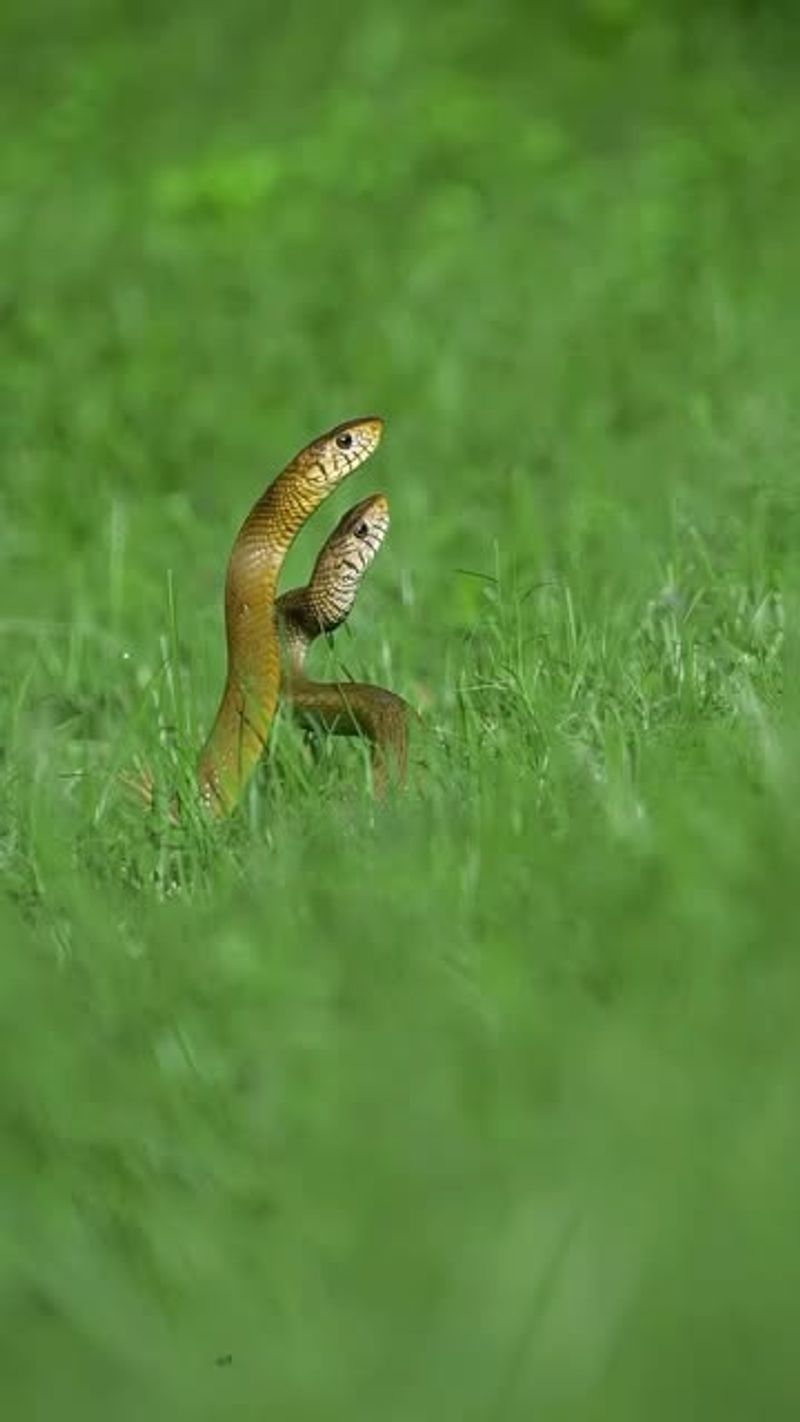
Possums have a remarkable immunity to snake venom, allowing them to prey on venomous snakes that might otherwise pose dangers to you and your pets. They’ll happily munch on copperheads and other venomous species common in Missouri.
While not all snakes are harmful, many gardeners appreciate having a natural predator keeping potentially dangerous reptiles in check. Your possum neighbor provides free snake control services while you enjoy peace of mind.
3. Pest Patrol Partners
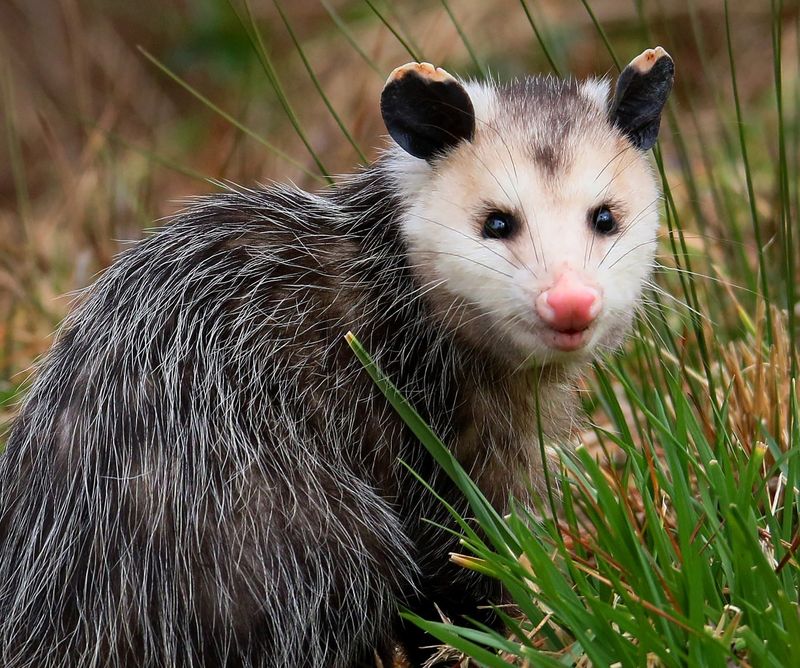
Garden slugs, beetles, and rats don’t stand a chance when possums are on patrol! Their varied diet includes many common garden pests that would otherwise damage your precious plants.
Unlike cats, possums rarely disturb bird nests or kill songbirds. They prefer hunting ground-dwelling pests instead. By consuming rodents, possums also reduce the carriers of many diseases, creating a healthier environment for your whole family to enjoy the garden.
4. Scavenger Cleanup Crew
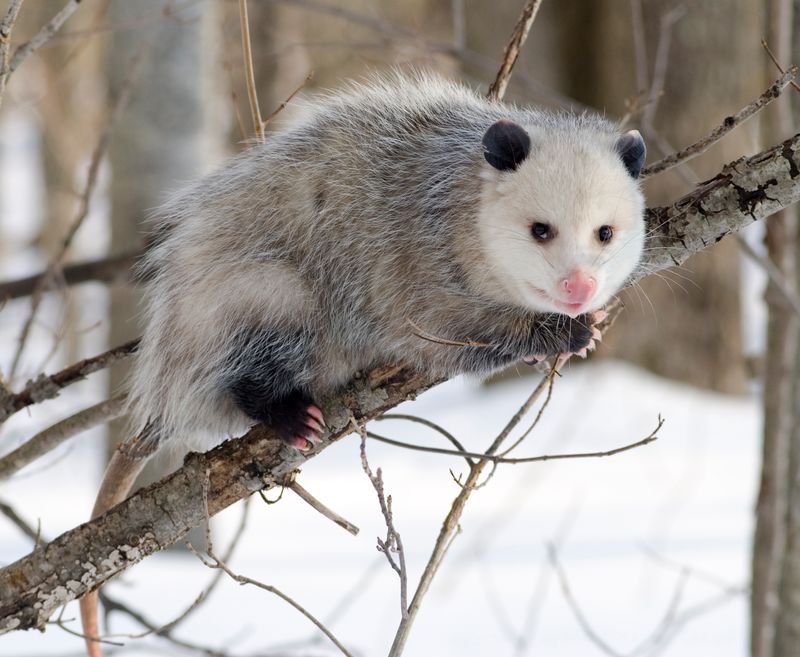
Ever notice how quickly roadkill disappears? Thank your local possums! These efficient scavengers help keep our environment clean by consuming carrion that would otherwise attract flies and spread disease.
In your garden, possums clean up fallen fruit, compost scraps, and other organic debris. Their stomach acid is so powerful it can neutralize many pathogens, meaning they can safely consume items that would make other animals sick. This natural sanitation service helps maintain garden health.
5. Rabies-Resistant Residents
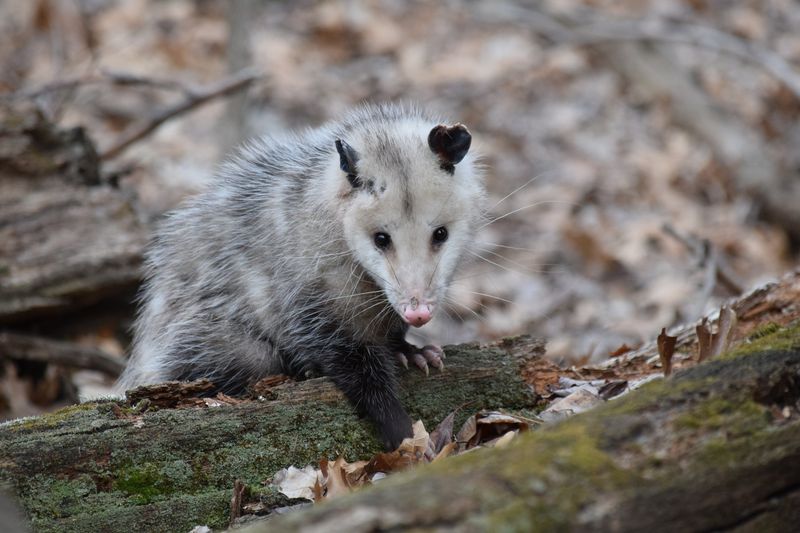
Worried about rabies? Don’t be! Possums have naturally low body temperatures that make them almost immune to rabies. The disease rarely affects them, making them safer neighbors than many other wild mammals.
This fact surprises many Missouri gardeners who mistake the possum’s defensive “playing dead” behavior as a sign of illness. Their hissing display is just that—a display. Behind those scary teeth is one of the safest wild animals you could have visiting your garden.
6. Gentle Garden Visitors
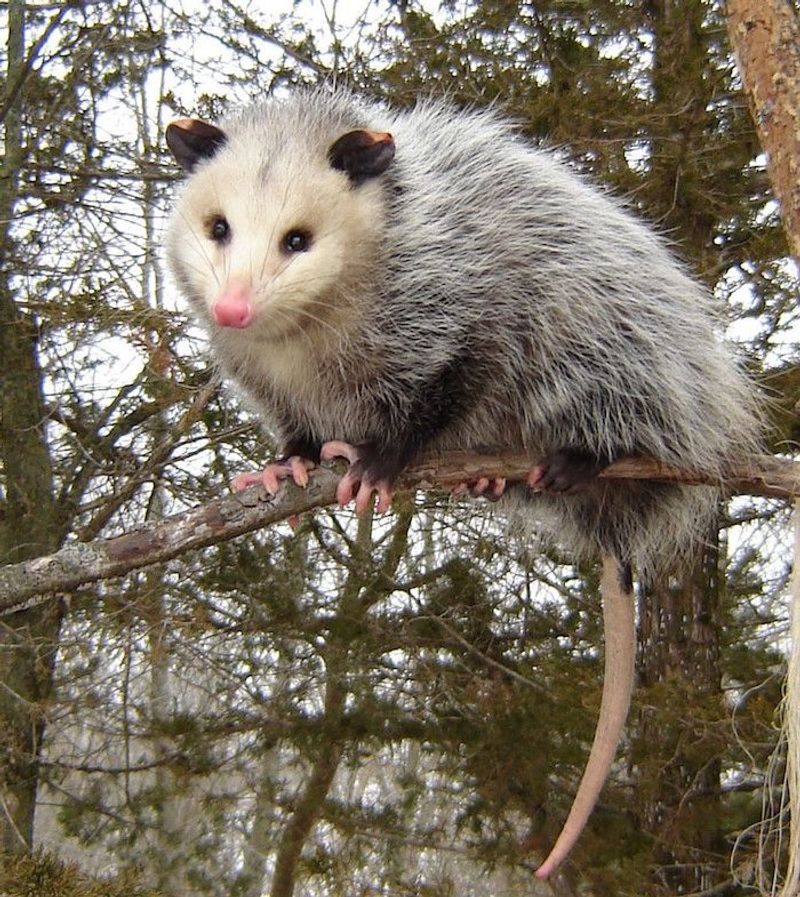
Despite their prehistoric appearance, possums are surprisingly gentle creatures. They rarely dig holes, destroy plants, or cause property damage like many other wildlife visitors do.
Their slow, methodical foraging means they won’t tear through your garden beds or uproot plants. Missouri gardeners often discover that possums leave almost no trace of their nighttime visits except fewer pests! They’re naturally clean animals too, spending hours grooming themselves much like cats.
7. Native Biodiversity Boosters
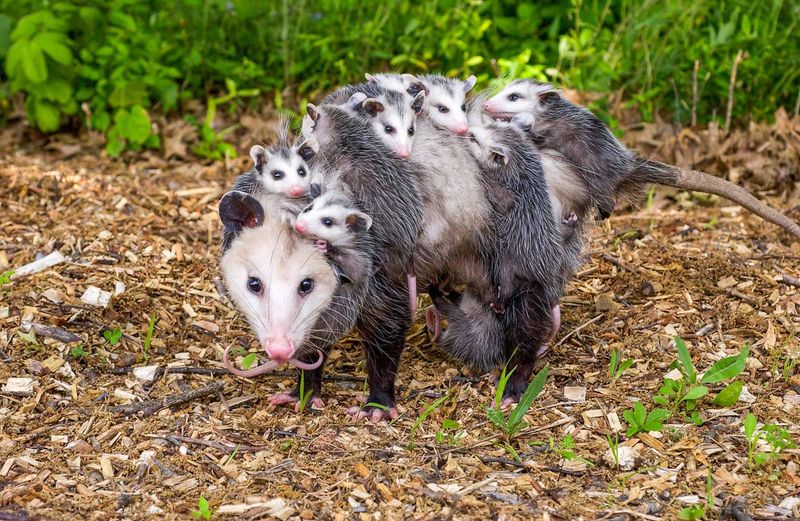
As North America’s only marsupial, possums represent a unique piece of Missouri’s natural heritage. Supporting these native species helps maintain the biodiversity that keeps our local ecosystems healthy and balanced.
Their presence indicates a healthy environment and contributes to a complete food web. By allowing possums to thrive in your garden, you’re preserving a living link to prehistoric times—these amazing marsupials have survived virtually unchanged for millions of years!
8. Natural Fertilizer Producers
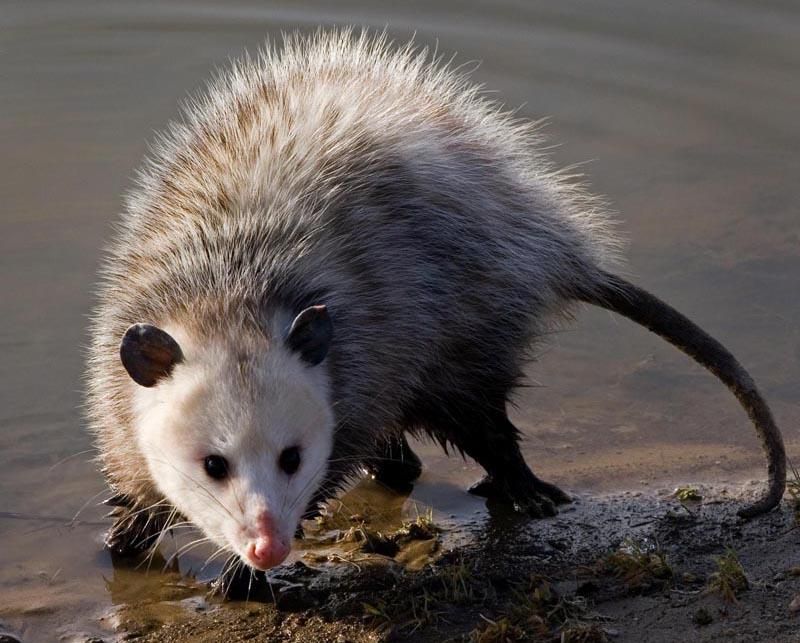
Possum droppings make excellent garden fertilizer! Their varied diet results in nutrient-rich scat that helps enrich your soil naturally. Unlike rabbit or deer droppings, possum waste rarely damages plants directly.
These marsupials often deposit their droppings in out-of-the-way places, not directly on garden beds. The nitrogen and phosphorus in their waste breaks down quickly to feed your soil’s microbiome. Missouri gardeners might notice more vibrant plants in areas frequented by these beneficial visitors.

